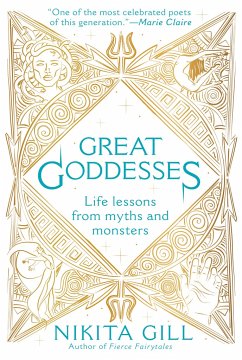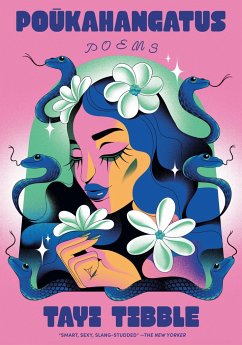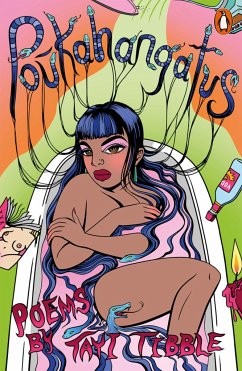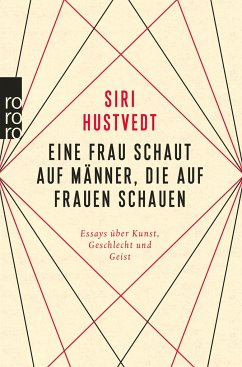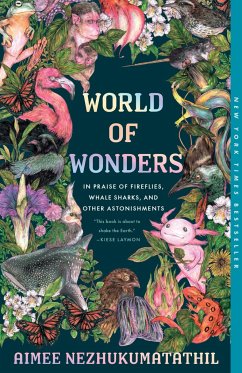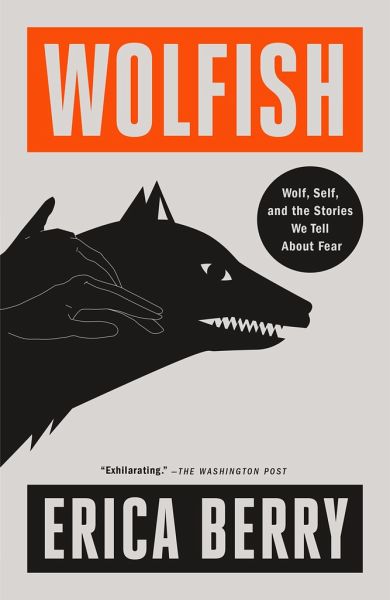
Wolfish
Versandkostenfrei!
Versandfertig in über 4 Wochen
16,99 €
inkl. MwSt.
Weitere Ausgaben:

PAYBACK Punkte
8 °P sammeln!
For fans of Helen MacDonald's H is for Hawk and Mary Roach, Erica Berry's WOLFISH blends science, history, and cultural criticism in a years-long journey to understand our myths about wolves, and track one legendary wolf, OR-7, from the Wallowa Mountains of Oregon A Most Anticipated Book of 2023: TIME, Los Angeles Times, Vulture, Salon, Bustle, Los Angeles Times, The Rumpus, Financial Times, Reader's Digest, LitHub, Book Riot, Debutiful, and more! "Wolfish starts with a single wolf and spirals through nuanced investigations of fear, gender, violence, and story. A GORGEOUS achievement." -Blair ...
For fans of Helen MacDonald's H is for Hawk and Mary Roach, Erica Berry's WOLFISH blends science, history, and cultural criticism in a years-long journey to understand our myths about wolves, and track one legendary wolf, OR-7, from the Wallowa Mountains of Oregon A Most Anticipated Book of 2023: TIME, Los Angeles Times, Vulture, Salon, Bustle, Los Angeles Times, The Rumpus, Financial Times, Reader's Digest, LitHub, Book Riot, Debutiful, and more! "Wolfish starts with a single wolf and spirals through nuanced investigations of fear, gender, violence, and story. A GORGEOUS achievement." -Blair Braverman, author of Welcome to the Goddamn Ice Cube "This is one of those stories that begins with a female body. Hers was crumpled, roadside, in the ash-colored slush between asphalt and snowbank." So begins Erica Berry's kaleidoscopic exploration of wolves, both real and symbolic. At the center of this lyrical inquiry is the legendary OR-7, who roams away from his familial pack in northeastern Oregon. While charting OR-7's record-breaking journey out of the Wallowa Mountains, Erica simultaneously details her own coming-of-age as she moves away from home and wrestles with inherited beliefs about fear, danger, femininity, and the body. As Erica chronicles her own migration-from crying wolf as a child on her grandfather's sheep farm to accidentally eating mandrake in Sicily-she searches for new expressions for how to be a brave woman, human, and animal in our warming world. What do stories so long told about wolves tell us about our relationship to fear? How can our society peel back the layers of what scares us? By strategically unspooling the strands of our cultural constructions of predator and prey, and what it means to navigate a world in which we can be both, Erica bridges the gap between human fear and grief through the lens of a wrongfully misunderstood species. Wolfish is for anybody trying to navigate a world that is often scary. A powerful, timeless, and necessary book for our current and future generations.





